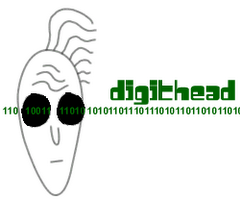As far as I can tell, the capability to handle much bigger heap sizes is the main benefit from 64-bit Java. Primitive types don't change in size. An int is still 32 bits.
Java arrays are indexed by 32-bit integers (actually, signed integers, so 31 bits). Apparently this doesn't change in 64-bit Java. From the Java Language Spec:
Arrays must be indexed by int values; short, byte, or char values may also be used as index values because they are subjected to unary numeric promotion (§5.6.1) and become int values. An attempt to access an array component with a long index value results in a compile-time error.
This is a serious limitation, if you ask me. The main advantage of 64-bits is a simple programming model for large data objects. Apparently, Sun disagrees. Integer array indexes are baked fairly deeply into the language and into existing application code. Think of everywhere you refer to the length or an offset into an array as an int. Imagine how often that's done in the library code. Dunno if they'll ever change it.
Other side-effects of 64-bit
- Increased object size
- 64 bit pointers
- alignment to 8-byte boundaries
- The minimally required heap size is 51.1% larger
- More cache misses
source: 64-bit versus 32-bit Virtual Machines for Java
Finally, here's an intriguing tidbit: sun.misc.Unsafe








 R Bloggers
R Bloggers
No comments:
Post a Comment